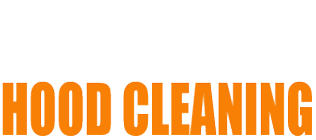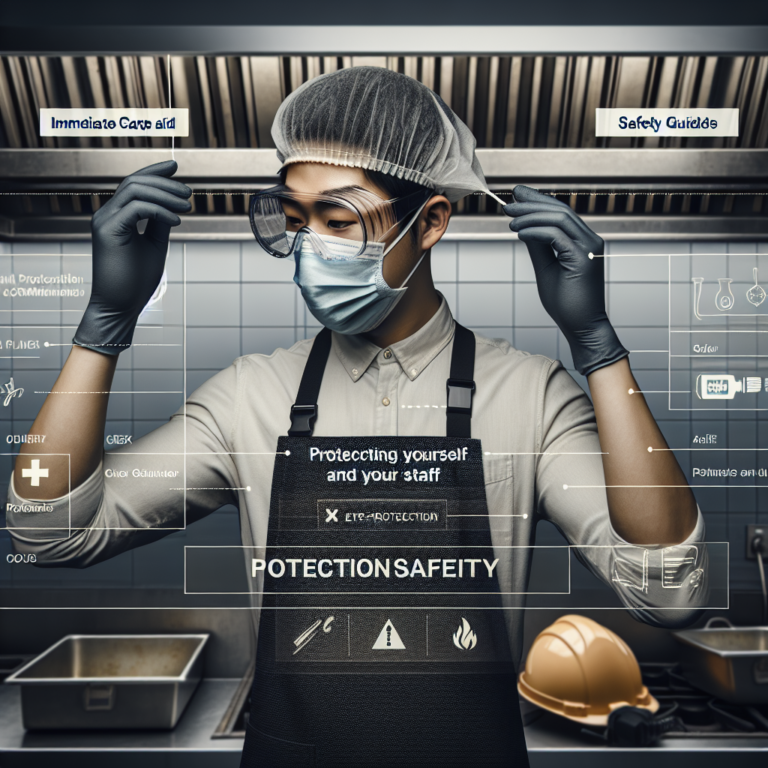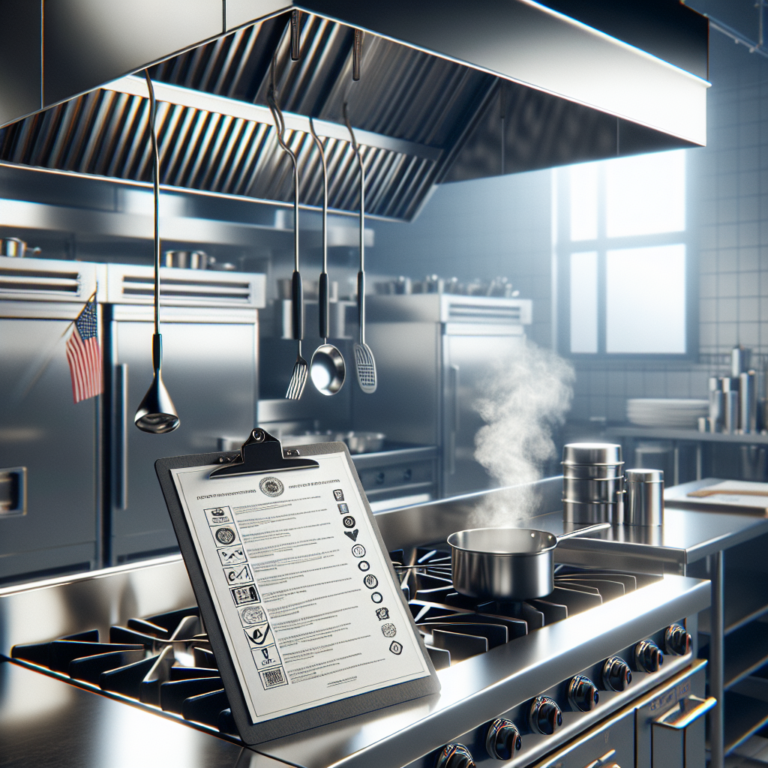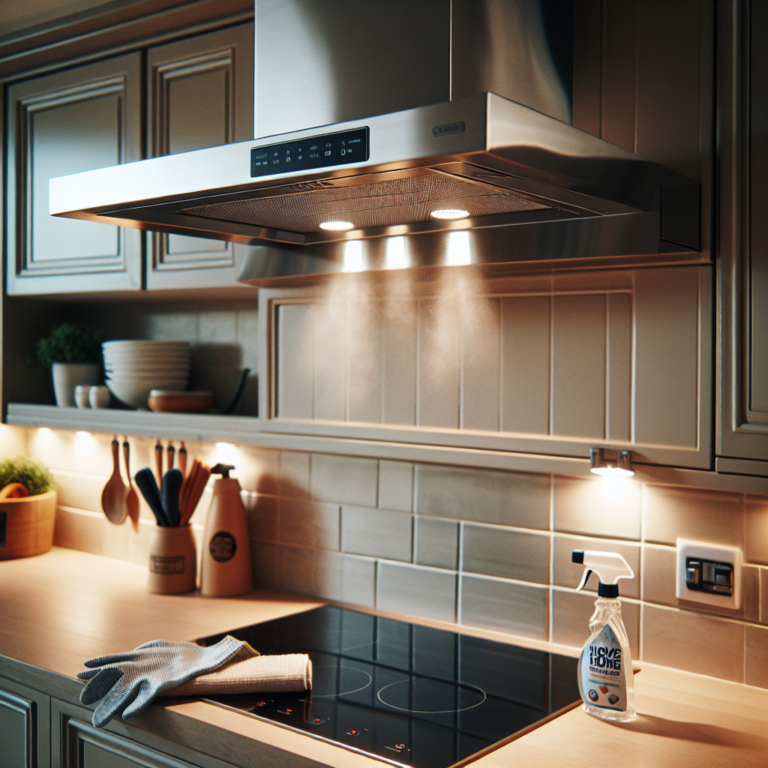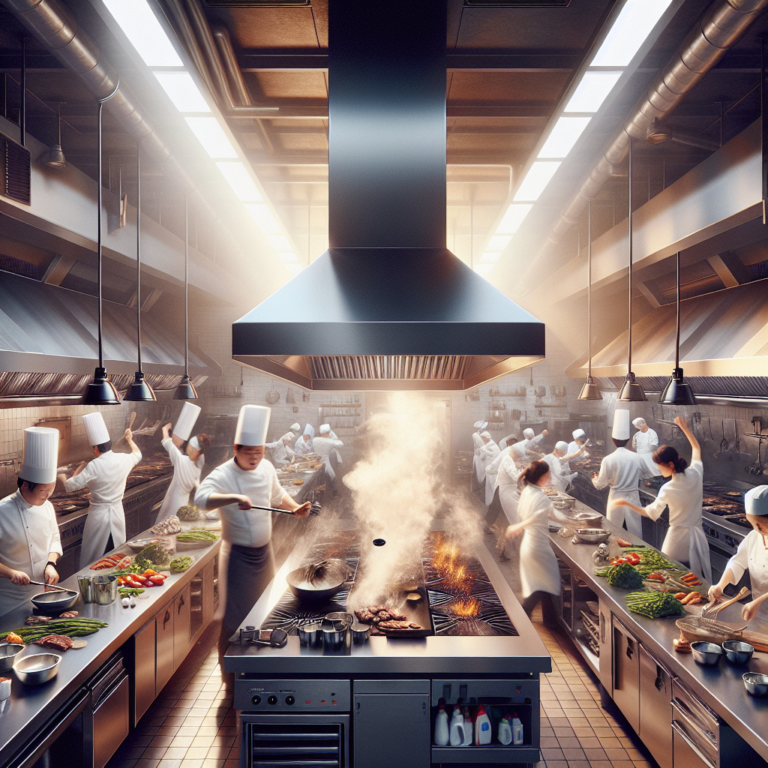Local Health Codes: Key Requirements for Commercial Hood Cleaning
Introduction
In the bustling city of Atlanta, where culinary delights tempt taste buds around every corner, ensuring the safety and cleanliness of restaurant kitchens is paramount. One vital aspect often overshadowed by the mouthwatering dishes is hood cleaning. Beyond just maintaining cleanliness, hood cleaning is crucial for complying with local health codes, particularly in commercial kitchens and restaurants. Let’s dive into how these local health codes impact the hood cleaning requirements to help commercial kitchen owners navigate the compliance maze while keeping the exhaust hoods sparkling clean.
The Importance of Hood Cleaning
Before delving into the specifics of health codes, it’s important to understand why hood cleaning is indispensable. In any commercial kitchen, the buildup of grease and grime in exhaust hoods not only turns into a fire hazard but also impairs air quality, affecting both staff and patrons. Regular and thorough commercial kitchen hood cleaning ensures safer operations, enhances ventilation efficiency, and extends the life of kitchen equipment.
Understanding Local Health Codes
Health codes are essentially sets of guidelines and regulations set by local and state authorities, designed to ensure public safety and maintain hygiene standards in public dining spaces. These codes are comprehensive, touching on everything from food handling to equipment maintenance. Within these regulations, restaurant hood cleaning requirements are prominently detailed due to their significant impact on fire safety and air quality.
Key Elements of Health Codes Regarding Hood Cleaning
- Frequency of Cleaning: Most local health codes dictate specific frequencies for cleaning exhaust hoods based on their usage. High-volume kitchens, particularly those involving grease-laden cooking, might require more frequent cleanings than those with lighter use.
- Standards for Cleanliness: Health inspectors will often check for compliance with cleanliness standards, ensuring that the hood system is free from excessive grease buildup.
- Certification and Documentation: Post-cleaning inspection certificates are often required. Businesses must maintain this documentation to prove compliance during health inspections.
How Health Codes Impact Hood Cleaning in Atlanta
In Atlanta, the intersection of vibrant culinary arts and rigorous safety standards posits unique challenges and opportunities for restaurant owners. Given the city’s diversity in cuisines and high demand for delectable dining experiences, ensuring kitchen safety through commercial kitchen hood cleaning is non-negotiable.
Frequent Inspections
The Atlanta health department conducts regular inspections to ensure compliance with local health codes. One of the main objectives is to scrutinize the cleanliness and maintenance of kitchen exhaust systems. Inspections ensure that every establishment adheres to the cleaning frequencies mandated by local regulations, thereby reducing the risk of fire and health violations.
Specific Requirements for Cleaning Service Providers
In Atlanta, it is often advised that businesses hire professional hood cleaning services that are well-versed in local health codes. As these professionals keep up-to-date with current regulations, they ensure comprehensive cleaning and document the processes meticulously. This not only ensures compliance but often mitigates the stress restaurant owners face during inspections.
The Role of Advanced Technologies
The presence of numerous top-tier food establishments in Atlanta has fostered advancements in hood cleaning technologies. These innovations assist in achieving deeper cleans and enhancing the safety and efficiency of exhaust systems. Adhering to health codes often involves employing these advanced techniques, making Atlanta a hub for state-of-the-art commercial kitchen safety solutions.
Choosing the Right Hood Cleaning Service in Atlanta
Given the critical nature of hood cleaning in achieving compliance with health codes, choosing the right service is paramount. Here are some considerations for selecting a restaurant hood cleaning service in Atlanta:
- Certification and Experience: Ensure the cleaning company is certified and has substantial experience in providing cleaning services that meet local health codes.
- Reputation: Look for testimonials and references that speak to the company’s reliability and quality of service.
- Customizable Services: Opt for services that offer cleaning plans tailored to your kitchen’s specific needs and health code requirements.
- Proper Documentation: Efficient companies provide thorough documentation post-service, simplifying the process of showing evidence of compliance during health inspections.
Conclusion
Navigating the labyrinth of local health codes in Atlanta might seem daunting, but ensuring your business’s compliance with hood cleaning requirements can set a solid foundation for safety and operational efficiency. Ultimately, the goal is to create an environment where dining establishments can thrive without compromising safety or hygiene. For businesses looking for expert guidance and cleaning services, look no further than the trusted professionals in hood cleaning to keep your kitchen in top shape and in good standing with health codes.
